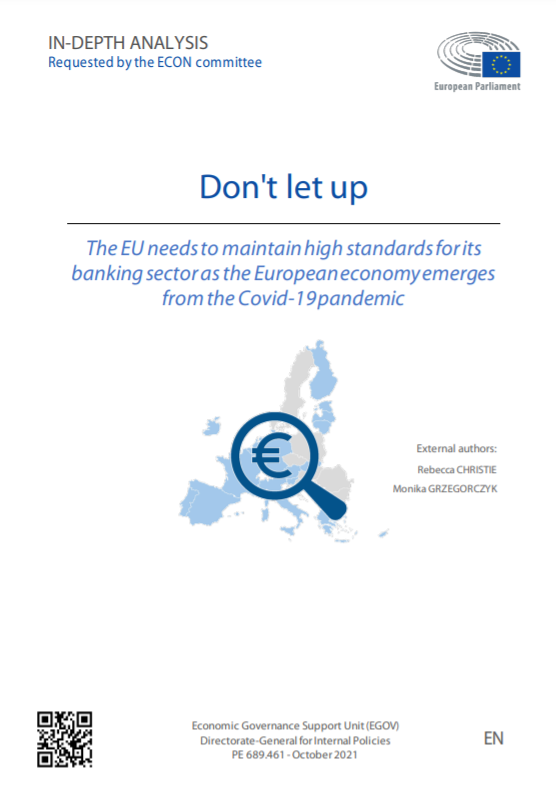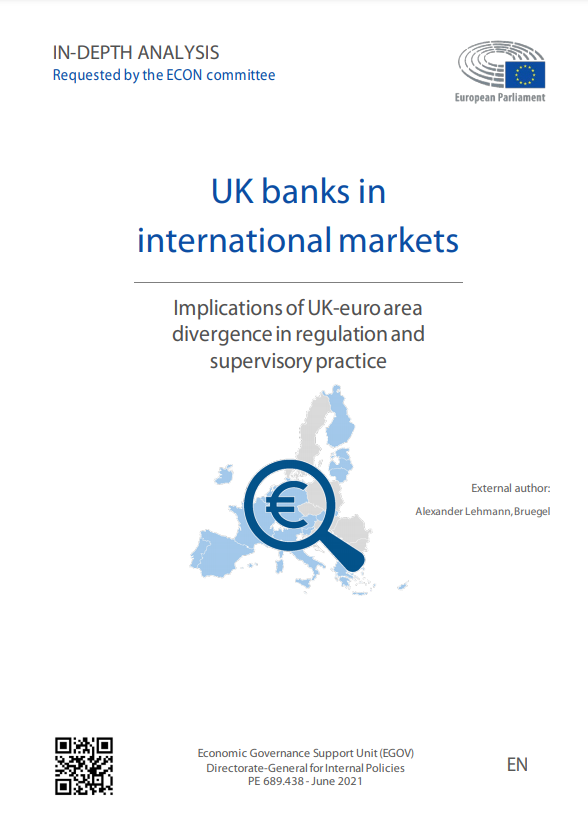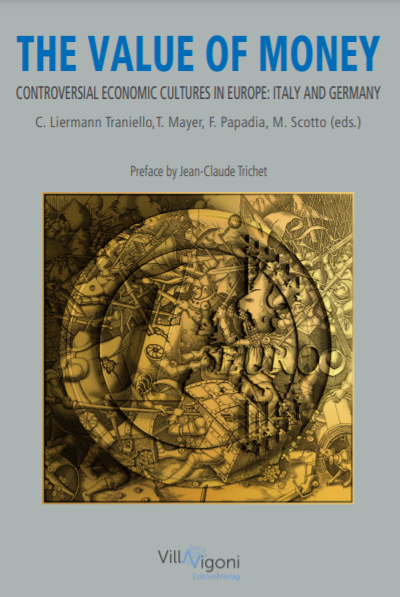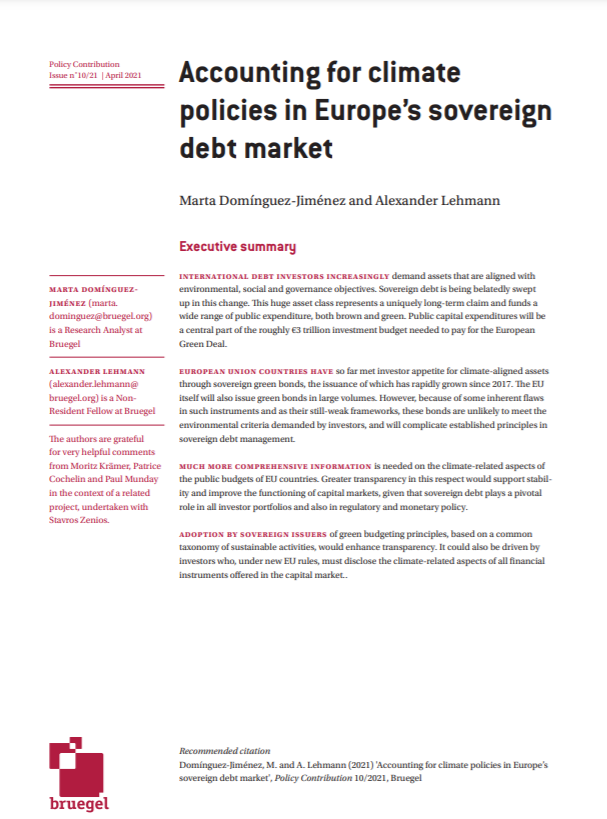Opinion
Scholz’s improved plan to complete the banking union
The head of German Finance has written in the Financial Times defending the need to deepen the banking union, now London is about to leave
Germany’s finance minister wrote an op-ed to praise the idea of pan-European deposit insurance, but if this is progress, it’s only the start of the debate.
Olaf Scholz wrote in the Financial Times of an “undeniable” need to deepen the euro area banking union. With London on the verge of departure, the European Union will lose its biggest financial hub and come face to face with the shortcomings of its homegrown financial architecture.
And Scholz is right that the euro needs true deposit insurance, where a common framework would ensure that up to €100,000 in any bank is as protected as any other in the monetary union. Right now, the backstop threshold is EU-wide, but actual protection is left to individual countries. With the divisions of the crisis fresh at hand, investors and citizens are right to distrust this promise.
To optimists, any sign of German loosening is forward motion. These observers rejoiced when the euro area agreed on a timeline for preparing a roadmap – just to start political talks. They can take heart now that Scholz is not demanding changes to the EU Treaty, as had his predecessor Wolfgang Schäuble.
But Scholz’s long list of caveats suggests that Germany isn’t quite ready to roll up its sleeves and get to work. He could have joined the European Central Bank’s Christine Lagarde and the European Stability Mechanism’s Klaus Regling in calling for a focused push to reduce legacy risks and develop a common system. Instead, he’s listed deposit insurance as one brick in a very big wall.
Risk reduction – particularly of bank holdings in sovereign debt – is the most relevant precondition, shared by other countries wary of any mutual risk sharing. The euro area would depart from international standards by penalising banks who hold lots of government bonds, but proposals exist to do this in ways that might work.
Scholz further calls for EU-wide insolvency procedures, particularly as applied to smaller banks not covered by the euro area’s new resolution framework. This is a good idea, and it is beginning to gain traction but will be hard to implement. Likewise, Scholz’s endorsement of deposit insurance calls for a reinsurance of national systems, which sceptics would say falls short of a true European scheme.
Germany and France have worked together to jumpstart “capital markets union”, an unwieldy project that aims to integrate financial architecture across the EU. Insolvency improvements are part of this framework, as are a wide range of other proposals.
It’s impractical, however, to suggest that deposit insurance should wait on this laundry list. Scholz singled out corporate taxation as one element that needs addressing, calling for “uniform taxation of EU banks” and linking it to a long-debated proposal to harmonise the corporate tax base.
It’s hard to see how better banking union would have any effect on what taxes banks pay, let alone create “competition-distorting tax arrangements.” Second, EU tax policy is decided unanimously, and corporate tax proposals are notoriously fractious. Scholz notably calls for a “common corporate tax base” without mentioning “consolidation”, the plan’s second stage that would not only set common standards but make sure revenues are distributed fairly.
Euro area banking union has made huge strides since its June 2012 birth. Common banking supervision at the ECB has been a general success, five years since its November 2014 start date. Likewise, the region has put in a strong framework for handling failing banks, even if some refinement is needed. Deposit insurance is the big missing link.
There are proposals now that could satisfy the demands for “risk reduction” while allowing a common deposit insurance program to move forward. Scholz’s current platform hasn’t yet joined them.
Republishing and referencing
Bruegel considers itself a public good and takes no institutional standpoint.
Due to copyright agreements we ask that you kindly email request to republish opinions that have appeared in print to [email protected].

















